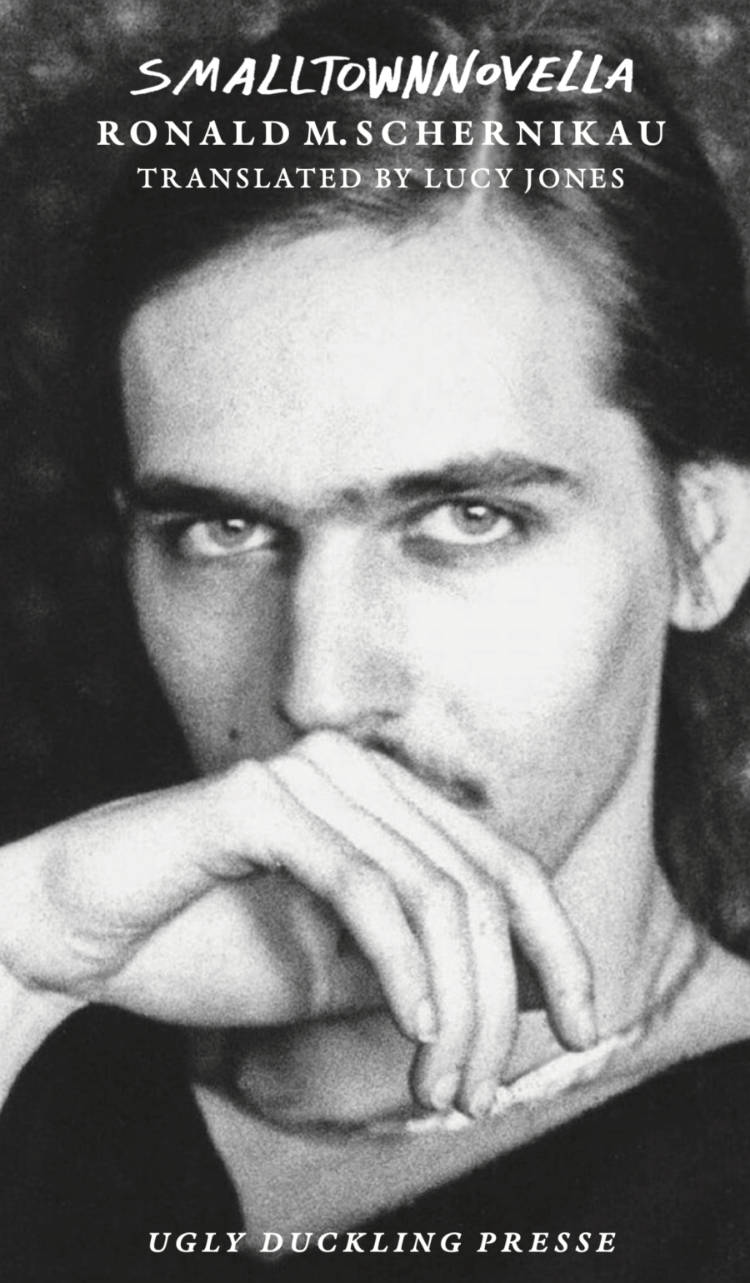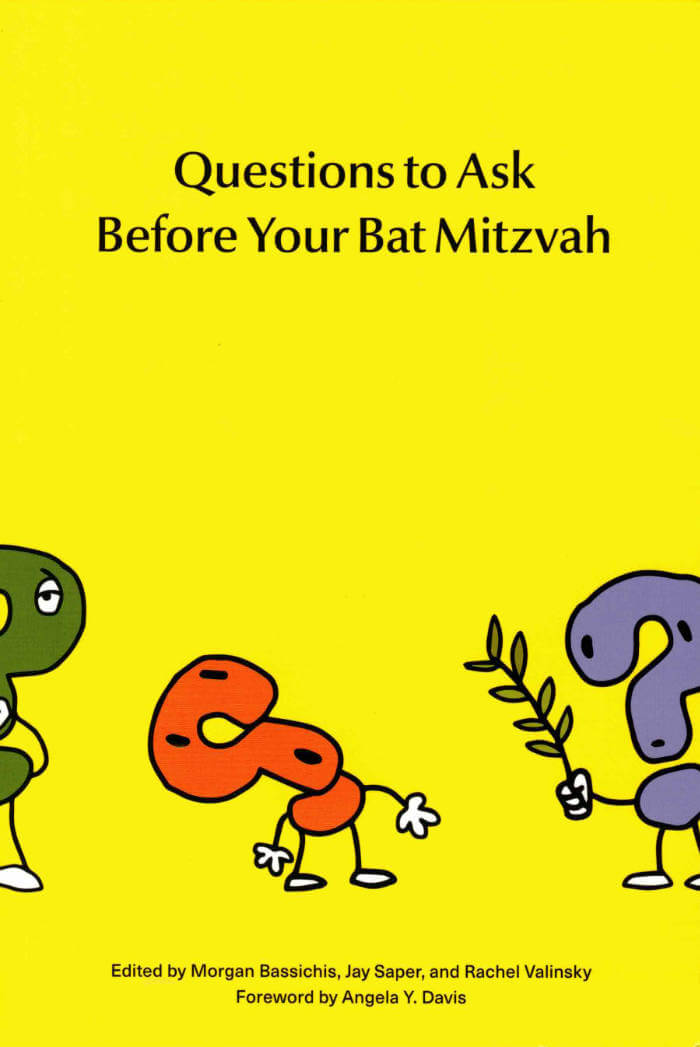
Notes on Mother Tongues: Colonialism, Class, and Giving What You Don't Have
Lebanese writer and editor Mirene Arsanios meditates on the relationships between mother tongues, motherhood, and colonialism. In this pamphlet, she investigates the historical and personal circumstances that led to the loss of her native language.
Written as a fictional essay, NOTES ON MOTHER TONGUES explores language as a field shaped by diasporic histories, class relations, and broken familial legacies. It strives to imagine mother tongues and motherhood beyond the labor of reproduction, languages that exist in troubled ecosystems where lack does not preclude repair.
Mirene Arsanios is the author of the short story collection, The City Outside the Sentence (Ashkal Alwan). She has contributed essays and short stories to e-flux journal, Vida, The Brooklyn Rail, The Rumpus, Guernica, among others. Arsanios co-founded the collective 98weeks Research Project in Beirut and is the founding editor of Makhzin, a bilingual English/Arabic magazine for innovative writing. She teaches at Pratt Institute and holds an MFA in Writing from the Milton Avery Graduate School for the Arts at Bard College. Arsanios currently lives in New York where she was a 2016 LMCC Workspace fellow, and an ART OMI resident in Fall 2017. With Rachel Valinsky, she coordinated the Friday night reading series at the Poetry Project from 2017-19.







